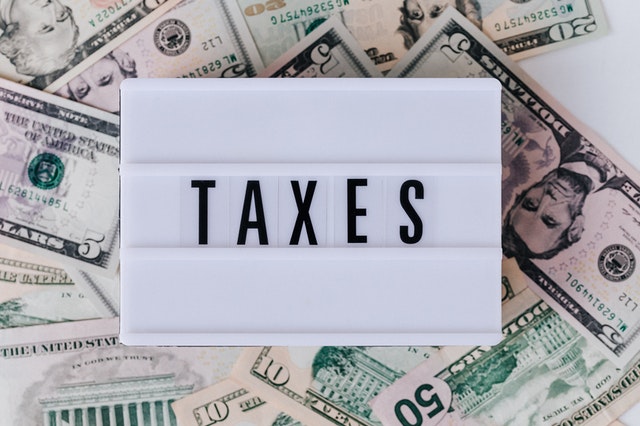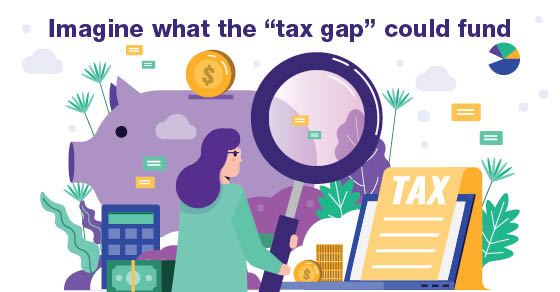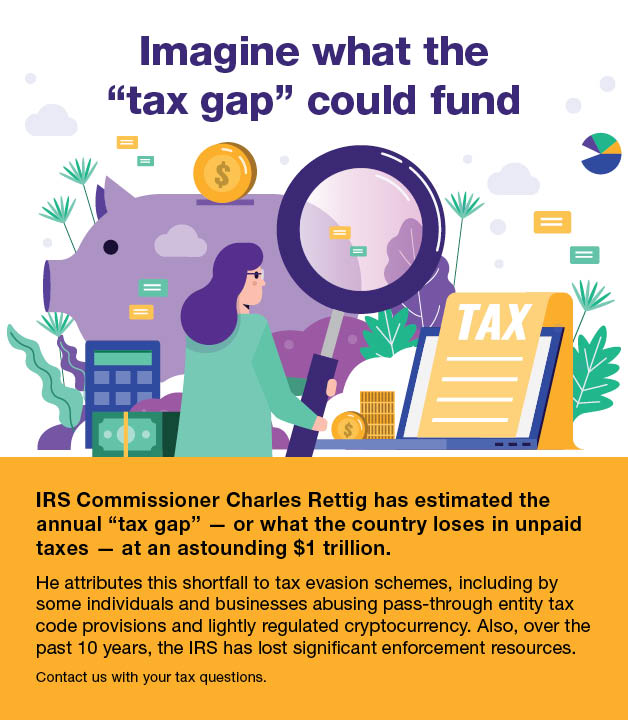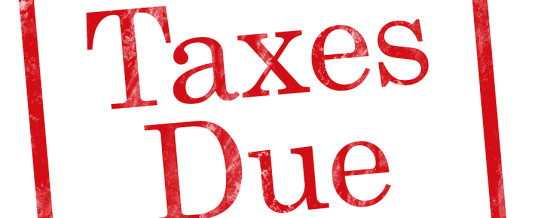As we continue to come out of the COVID-19 pandemic, you may be traveling again for business. Under tax law, there are a number of rules for deducting the cost of your out-of-town business travel within the United States. These rules apply if the business conducted out of town reasonably requires an overnight stay.
Note that under the Tax Cuts and Jobs Act, employees can’t deduct their unreimbursed travel expenses through 2025 on their own tax returns. That’s because unreimbursed employee business expenses are “miscellaneous itemized deductions” that aren’t deductible through 2025.
However, self-employed individuals can continue to deduct business expenses, including away-from-home travel expenses.
Here are some of the rules that come into play.
Transportation and meals
The actual costs of travel (for example, plane fare and cabs to the airport) are deductible for out-of-town business trips. You’re also allowed to deduct the cost of meals and lodging. Your meals are deductible even if they’re not connected to a business conversation or other business function. The Consolidated Appropriations Act includes a provision that removes the 50% limit on deducting eligible business meals for 2021 and 2022. The law allows a 100% deduction for food and beverages provided by a restaurant. Takeout and delivery meals provided by a restaurant are also fully deductible.
Keep in mind that no deduction is allowed for meal or lodging expenses that are “lavish or extravagant,” a term that’s been interpreted to mean “unreasonable.”
Personal entertainment costs on the trip aren’t deductible, but business-related costs such as those for dry cleaning, phone calls and computer rentals can be written off.
Combining business and pleasure
Some allocations may be required if the trip is a combined business/pleasure trip, for example, if you fly to a location for five days of business meetings and stay on for an additional period of vacation. Only the cost of meals, lodging, etc., incurred for the business days are deductible — not those incurred for the personal vacation days.
On the other hand, with respect to the cost of the travel itself (plane fare, etc.), if the trip is “primarily” business, the travel cost can be deducted in its entirety and no allocation is required. Conversely, if the trip is primarily personal, none of the travel costs are deductible. An important factor in determining if the trip is primarily business or personal is the amount of time spent on each (although this isn’’t the sole factor).
If the trip doesn’t involve the actual conduct of business but is for the purpose of attending a convention, seminar, etc., the IRS may check the nature of the meetings carefully to make sure they aren’t vacations in disguise. Retain all material helpful in establishing the business or professional nature of this travel.
Other expenses
The rules for deducting the costs of a spouse who accompanies you on a business trip are very restrictive. No deduction is allowed unless the spouse is an employee of you or your company, and the spouse’s travel is also for a business purpose.
Finally, note that personal expenses you incur at home as a result of taking the trip aren’t deductible. For example, the cost of boarding a pet while you’re away isn’t deductible. Contact us if you have questions about your small business deductions.















